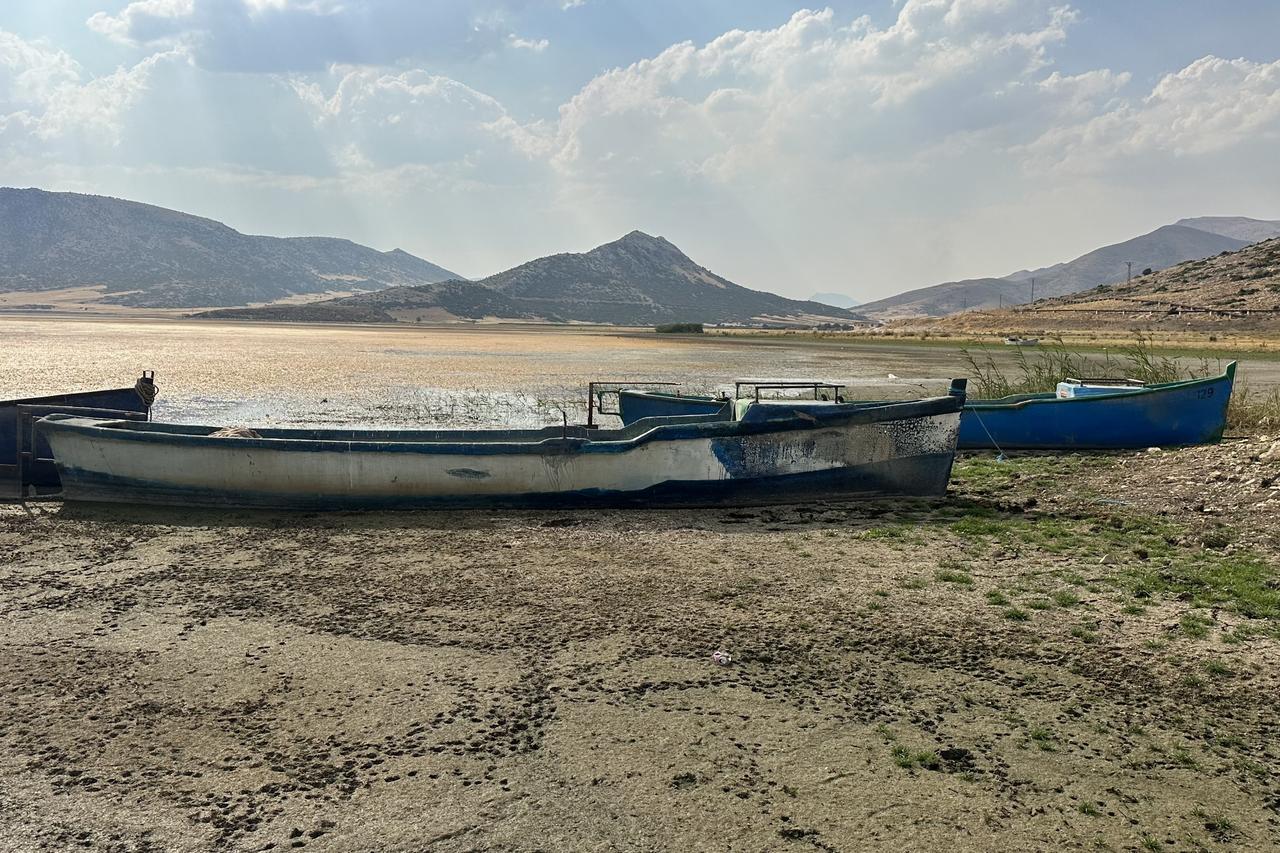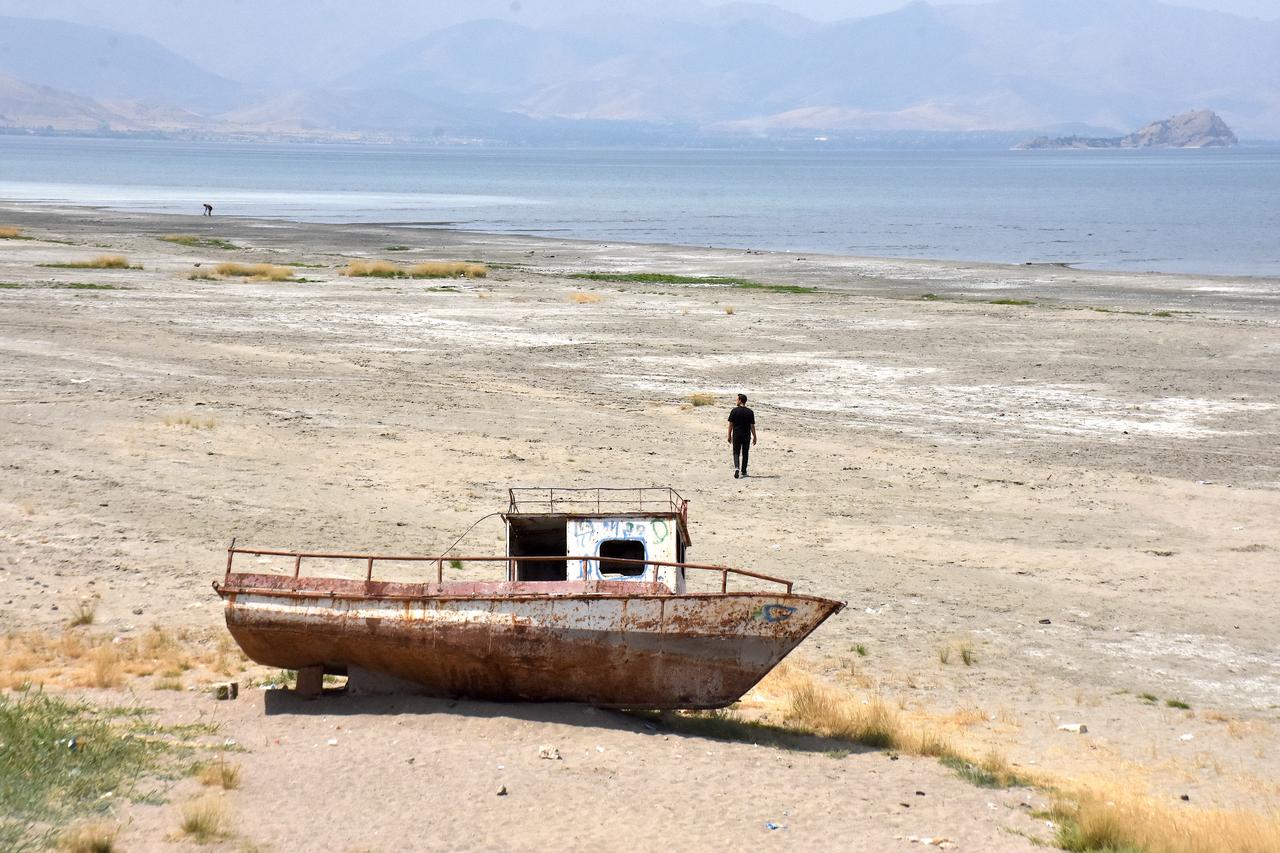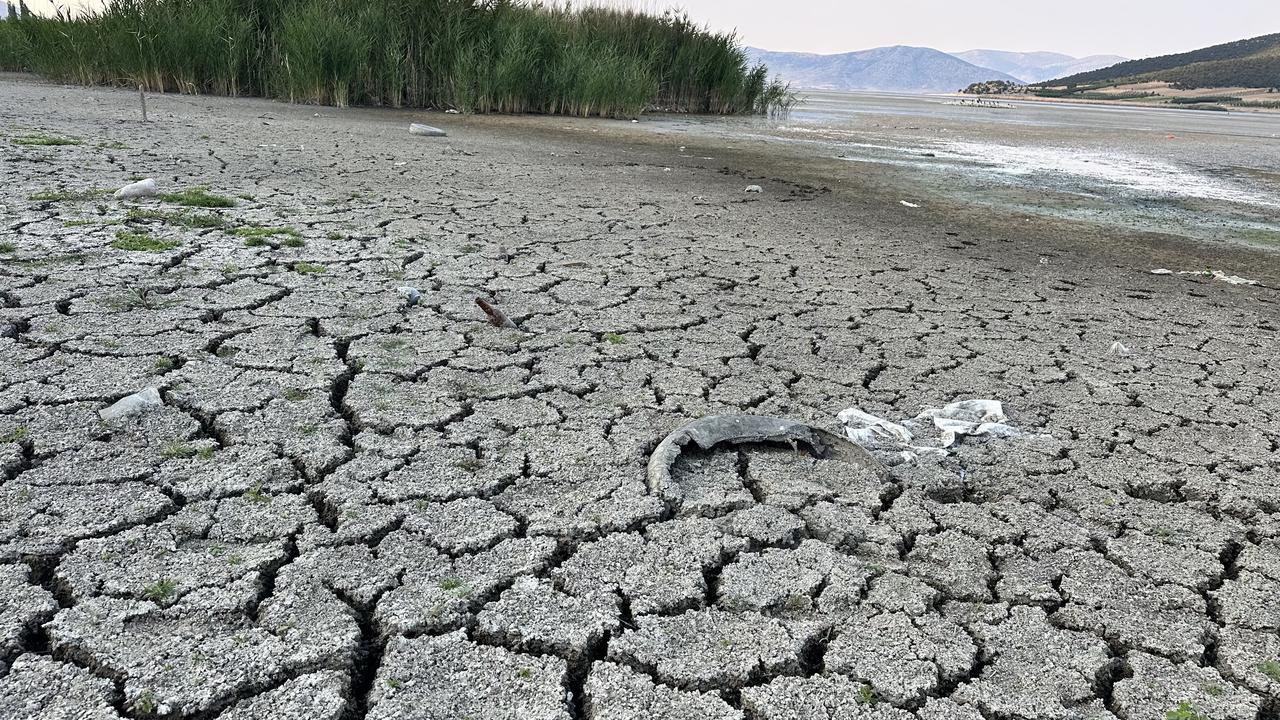
Türkiye is now experiencing one of the most critical drought periods in its modern history, with experts warning that the lack of rainfall has intensified meteorological, agricultural, and hydrological drought all at once. Professor Mikdat Kadioglu of Istanbul Technical University emphasized that the scale of the crisis has reached alarming levels, noting that nearly 70 percent of the country is under severe or exceptional drought conditions.
According to the Standardized Precipitation Index (SPI) compiled by the Turkish State Meteorological Service, the August 2024–July 2025 period has gone down as one of the driest in the past 65 years.

Short-term droughts are already cutting into agricultural production, while longer-term deficits are reducing river flows, depleting reservoirs, and undermining the national economy. In western and central Türkiye, particularly Ankara, Konya, and Afyon, farmers are struggling with declining yields. Six-month data show that conditions have worsened in Western Anatolia, the Aegean, and southeastern provinces, where Van, Agri, Igdir, and Siirt have all entered extreme drought.
By the nine-month mark, hydrological drought had clearly taken hold, with Afyon, Kutahya, and Denizli in the west registering exceptional water shortages. In the southeast, provinces such as Sanliurfa, Mardin, and Diyarbakir face severe and extreme levels.
Looking at the full twelve-month period, the picture is stark. Kutahya, Usak, Afyon, parts of Balikesir, as well as Sanliurfa, Diyarbakir, Siirt, and Mardin remain under exceptional drought. Other central and southern provinces, including Konya, Karaman, and Mersin, are severely affected as well.
Experts warn that wheat and vegetable harvests could shrink by 40% to 60%, raising the likelihood of steep food price hikes. Reservoir levels could fall below 30%, leading to drinking water shortages, while groundwater tables may collapse and river flows could be cut by half.
Kadioglu explained that rainfall deficits have been most severe in the Aegean, where precipitation has dropped by 74%. Southeast Anatolia has seen a 65% fall, Eastern Anatolia 55%, and Central Anatolia 48%. Although the Black Sea coast remains relatively better off, the rest of the country faces an increasingly fragile water outlook.

The professor stressed that drought is not simply a local inconvenience but a nationwide crisis that threatens agriculture, the economy, and daily life. He called for urgent action in water management, modern irrigation, and drought-resistant farming.
Among his recommendations were the banning of wasteful flood irrigation, greater support for local seed varieties, recycling of wastewater in industry, investment in desalination plants, and stricter inspections of water-intensive factories. Municipalities, he added, should prepare “Urban Water Budgets” to balance consumption and supply, cut leakage in water networks, and collect rainwater in storage systems.
“Drought can only be tackled if local governments reinforce infrastructure, farmers adapt their crop choices and irrigation, industries invest in recycling and efficiency, and citizens adopt daily conservation habits,” he said. “Otherwise, water stress by 2030 and water poverty by 2050 will be unavoidable.”